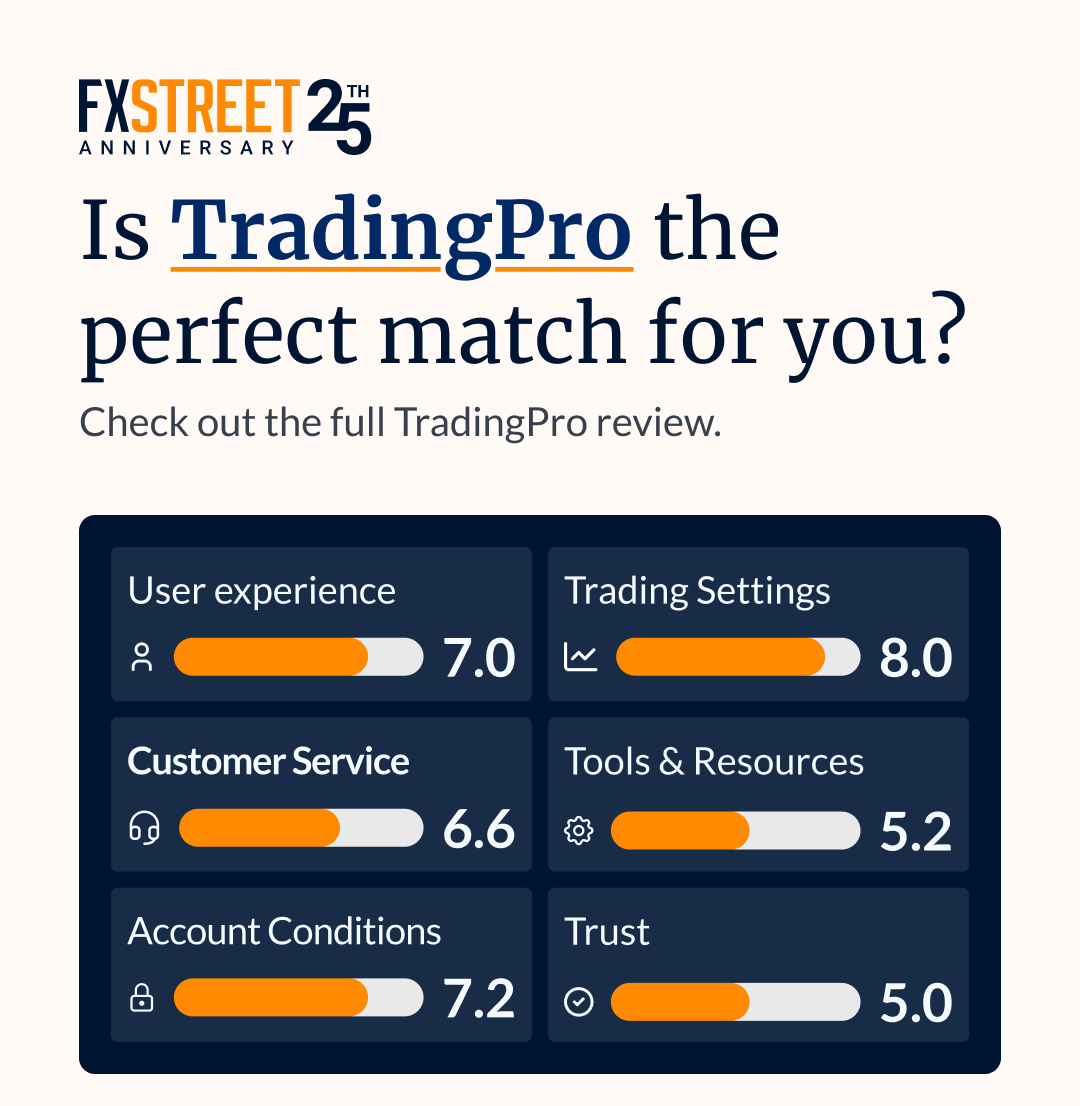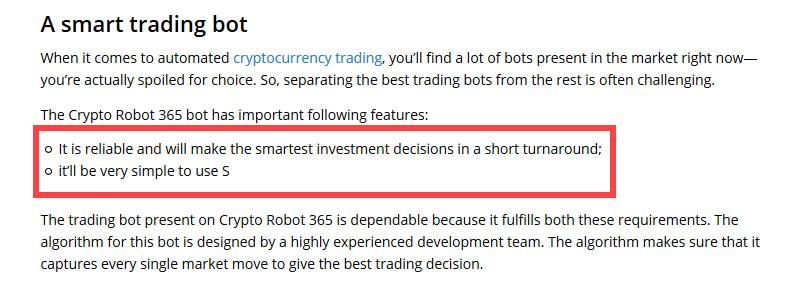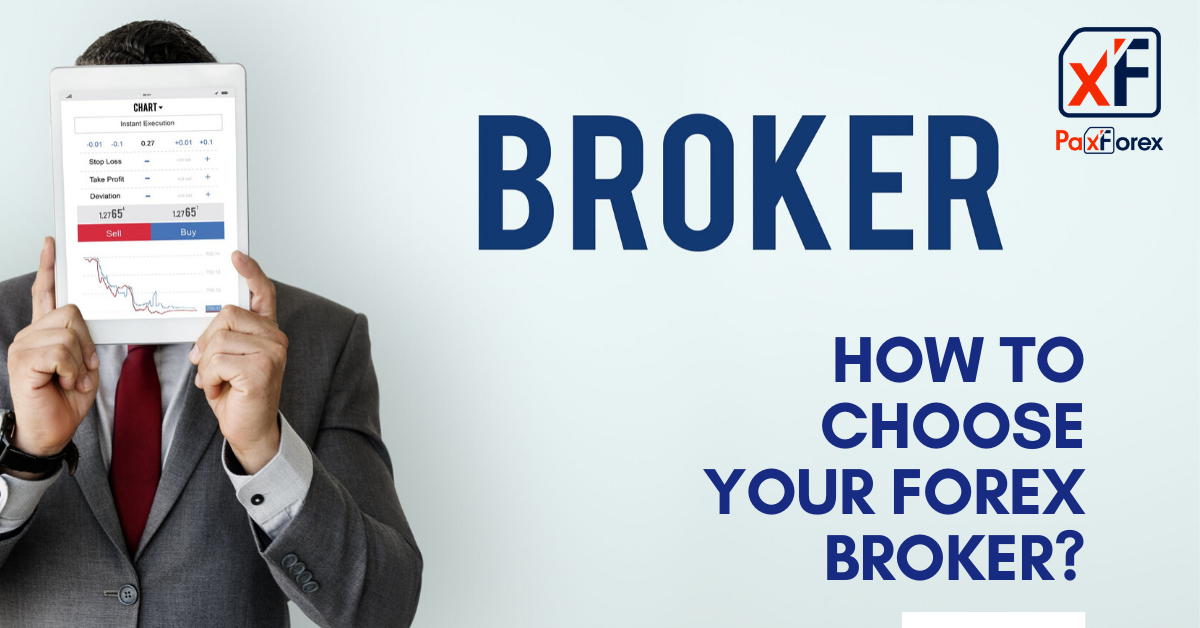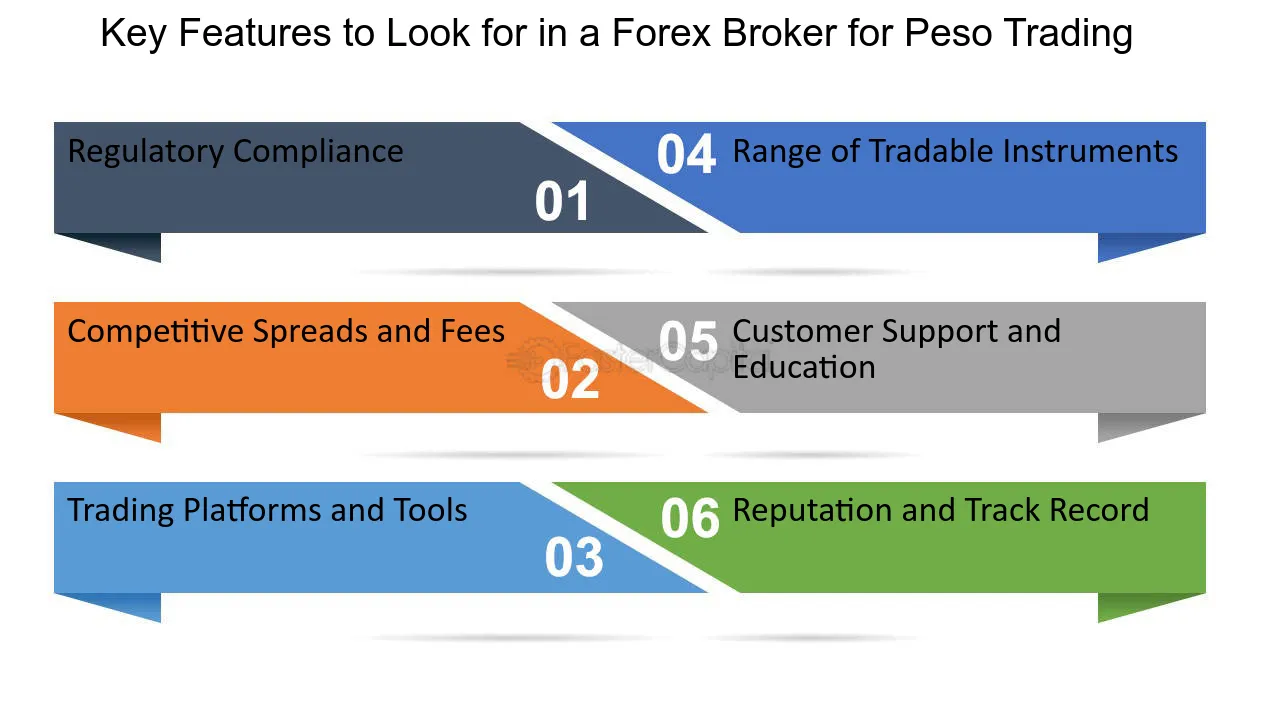I’ve been trading Forex for years. And if there’s one mistake I’ll never make again, it’s trusting a broker just because their website looked legit. I learned the hard way—after chasing a withdrawal request for nearly two months. That experience taught me the value of doing a full background check on any broker before handing over even a single dollar.
There are shady brokers out there. Some are smooth-talking scammers. Others are just disorganized, slow, or careless with your funds. Either way, the result is the same: your money’s at risk. That’s why I created this guide—to help you avoid what I went through and spot the warning signs early.
In this guide, I’ll walk you through:
- Why broker reputation matters more than flashy platforms
- Exactly how to verify a broker’s license using real regulator sites
- How to spot fake reviews and manipulation tactics
- What to test with a small deposit before going all in
- The red flags I wish I knew before I signed up
If you’re a beginner or just cautious about your money (as you should be), this might save you a lot of stress. And hopefully, it helps you feel confident picking a broker who treats your funds with respect.

Why Broker Reputation Matters
What I Learned After Losing Trust
I once joined a broker based in an offshore location. They advertised “lightning-fast withdrawals” and “FCA-like standards.” Sounded good, right? Well, not only did they delay my withdrawal for weeks, they also changed their terms without warning. That was the moment I realized that fancy language means nothing without regulation and a verifiable reputation.
How Bad Brokers Can Hurt You
Here’s the truth—when a broker has a poor reputation, you’re not just risking delays. You’re risking slippage manipulation, frozen accounts, or outright denial of withdrawals. I’ve read dozens of stories on Forex Peace Army and Trustpilot from traders who were lured by promotions, only to find their funds stuck indefinitely.
Step 1: Verify Broker Regulation
How to Check if a Broker is Regulated
This is your first line of defense. Never take a broker’s word for it—go straight to the regulator’s site. Let’s say the broker claims to be FCA-regulated. Go to the FCA Register, type their name, and verify their license status. I do this with every broker I review.
Here’s a table of top regulators and where to verify licenses:
| Regulator | Region | Verification Link |
|---|---|---|
| FCA | United Kingdom | register.fca.org.uk |
| CFTC/NFA | USA | nfa.futures.org |
| ASIC | Australia | asic.gov.au |
| CySEC | Cyprus/EU | cysec.gov.cy |

Never Rely on Broker Claims Alone
Any forex broker can slap a badge on their homepage. What matters is if that license checks out. I’ve seen brokers list regulators they weren’t licensed by—just to appear credible. Cross-check manually every time. And if they’re not regulated at all? Close the tab immediately.
Step 2: Research Broker Reputation Online
Use Trusted Third-Party Review Platforms
Sites like Trustpilot, Forex Peace Army, and Reddit’s r/Forex can tell you what real traders are experiencing. When I was comparing brokers last year, I spent two days digging through complaints and comment threads. That time investment helped me dodge a broker with multiple reports of “sudden account bans.”

Watch for Suspicious Review Patterns
If every review is five stars and posted within a week? Be suspicious. Real reviews show a mix of praise and critique. Look for patterns: unresolved complaints, poor customer service, or missing withdrawals. One or two negatives might not matter—but patterns always tell the truth.
Step 3: Test Customer Support and Platform Security
Ask Them Tough Questions
This is something I do before I open any live account. I message support and ask questions like: Is my account segregated? Can I test a small withdrawal? How fast are transfers processed? If they respond vaguely or stall, that’s a red flag.
Secure Platforms Matter
Check for strong encryption, mandatory KYC (Know Your Customer) protocols, and multi-step verification. If a broker lets you trade with no ID, you should walk away. A lack of security is often a sign of something worse underneath.

Step 4: Start Small and Monitor Everything
Don’t Go All In—Ever
Even after checking all the boxes, I always start small. A few hundred bucks tops. I trade, test the spreads, and—most importantly—try a withdrawal. If that process is smooth, then I move forward. If not? I cut losses and walk away.
Track How They Handle Your Money
Are they transparent with fees? Do you get charged for inactivity or withdrawal without notice? Is your dashboard showing correct balance updates? These small details reflect how the broker will treat you long term.
Red Flags to Watch Out For
They Promise Guaranteed Profits
If you ever see a broker say “zero risk” or “guaranteed returns,” run. No legit financial company can make those claims. Every broker regulated by the FCA, ASIC, or CFTC is required to include risk warnings—because Forex is risky. When a platform hides that or avoids the topic altogether, it’s likely a scam.
High-Pressure Sales Tactics
I’ve personally experienced this. A so-called “account manager” kept calling, pushing me to deposit more for better spreads. It was relentless. Real brokers won’t pressure you into funding your account or making oversized trades. The moment you feel manipulated or rushed, it’s time to cut ties.
Too-Good-To-Be-True Promotions
Another classic scam: massive bonuses. I once saw a broker offer a 100% deposit bonus. Sounds great, right? But buried in the fine print were withdrawal restrictions that basically locked my funds. If a deal feels off, it probably is.
Summary: Safe Investing Checklist
Here’s How I Protect Myself Now
After going through my own rough patches with sketchy brokers, I’ve developed a checklist I never skip. It’s saved me from getting scammed more than once:
- Verify the broker’s license with an official regulator website (FCA, CFTC, ASIC, etc.)
- Look for honest reviews on sites like Forex Peace Army and Trustpilot
- Test customer support by asking difficult questions
- Start with a small deposit and attempt a withdrawal immediately
- Watch for scam signs like guaranteed profits or unclear terms
FAQ
How can I tell if a forex broker is legit?
The best way is to check their regulatory status on official websites like the FCA Register or NFA BASIC. If they’re not listed, or the details don’t match, avoid them.
What regulators should I trust when checking a forex broker?
The most respected are the FCA (UK), CFTC/NFA (US), ASIC (Australia), and CySEC (Europe). These bodies require brokers to follow strict rules for client protection and transparency.
Are all positive broker reviews fake?
No, but you should be cautious. Look for detailed, balanced reviews over time. Avoid brokers with only 5-star reviews that appeared all at once—those are usually fake.
What’s the safest way to test a new broker?
Make a small deposit, place a few trades, then request a withdrawal. Observe the speed and support response. If anything feels off or delayed, consider choosing another platform.
Recap of Key Points
Checking a broker’s reputation is about more than just browsing their homepage. You need to verify licenses, study real user reviews, and put their system to the test yourself. That includes checking regulation, testing customer service, reviewing feedback on platforms like Trustpilot, and starting small to minimize risk.
Final Takeaway
If you skip due diligence, you’re gambling twice—once on the markets, and again on your broker. But when you take the time to vet your broker, you gain peace of mind and keep the power in your hands.
Closing Thought
I’ve been burned before, but it made me smarter. Now, I only trust brokers that pass every step of this guide. And you should too. Because when your money’s on the line, reputation isn’t just a detail—it’s everything.
